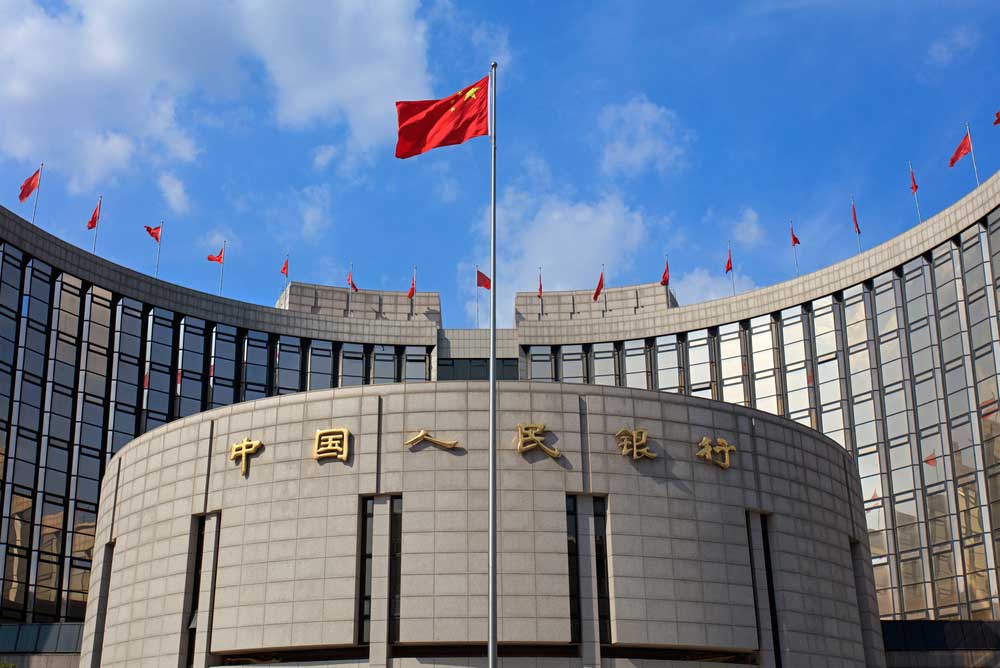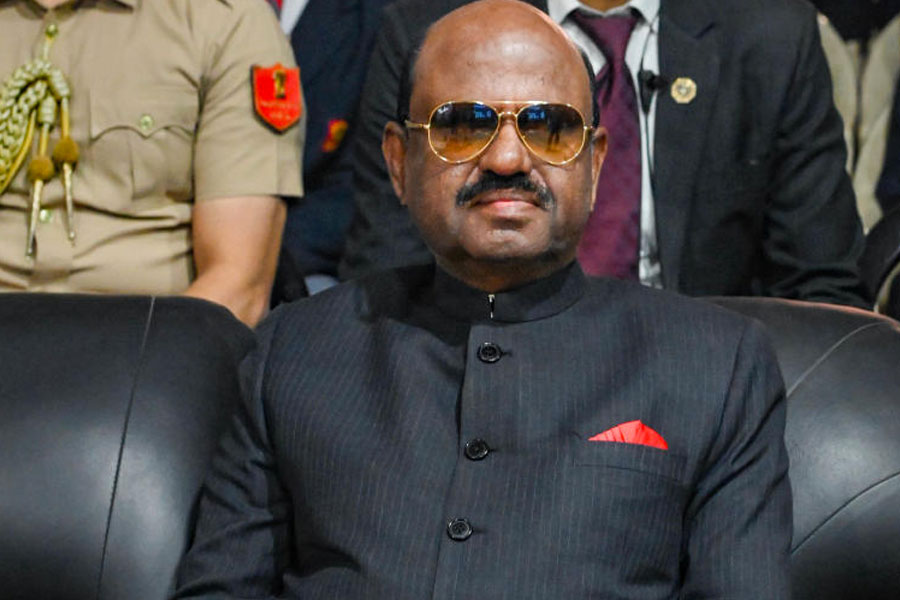In a move clearly targeting cash-rich Chinese companies, the government has ruled that “countries with a land border with India” will need a government green signal for all investments in this country.
The government’s move comes after the People’s Bank of China, the country’s central bank, last week raised its stake in mortgage provider HDFC from 0.8 per cent to 1.1 per cent. HDFC’s share price has fallen around 35 per cent in the wake of the Covid-19 crisis, making it an attractive investment.
A press note issued by the Commerce and Industry Ministry on Saturday said it aims to review foreign direct investment policy “for curbing opportunistic takeovers/acquisitions of Indians companies due to the current Covid-19 pandemic.”
The government is believed to have become alarmed by the move on HDFC and by reports that Chinese companies are scouting for other buys in the Indian market at a time when the stock market is down and values have fallen steeply.
Chinese companies have, directly and indirectly, been the biggest investors in India since 2014 though the investments have often been routed through holding companies based in Singapore or Hong Kong.
The government’s Press Note 3 attempts to clumsily conceal its intent by not naming China. Instead it says that an “entity” or ‘beneficial owner” or “citizen” of a country “which shares a land border with India”, can, “invest only under the Government route.”
Pakistan and Bangladesh, two other countries that India shares land borders with, are already covered by separate regulations. Smaller countries like Nepal and Bhutan which have a ‘land border’ are not significant investors here. So it’s not hard to see which nation India’s gunning for.
“The new FDI guidelines essentially imply Chinese capital would require prior government approval. In effect given the uncertainty around approval, startups will shy away from Chinese capital. In the immediate future, this could impact ‘PhonePe’ and potentially ‘PayTM’ at a later date,” said Ashneer Grover, chief executive and co-founder of rival payment app BharatPe which is funded by Indian, Singapore and US venture capitalists and has no Chinese investors.
The press note leaves several grey areas that could cause considerable problems going forward. While the main intent of issuing the note was to protect Indian companies from Chinese corporate raiders looking for a cheap buy, it could also stall Chinese greenfield projects and investment in start-ups. Chinese giants like Tencent and Alibaba have been major investors in
Indian startups like Paytm in recent years. It’s also reckoned that 18 out of 30 of India’s unicorn start-ups have Chinese backers.
This move, “will impact the sentiment of Chinese investors.
Investments in listed companies which I believe are the true target of this press note will also be impacted,” says Santosh Pai, partner at Link Legal India Law, who has represented several Chinese companies investing in India.
Pai adds: “It is unlikely that the government intended to make investments in private companies or startup investment by venture capital funds subject to government approval.”
China has emerged as the largest foreign investor in India and has investments of over $26 billion in this country, according to a study conducted by Brookings released this month. The report said that another $15 billion, “is pledged by Chinese companies in investment plans or in bids for major infrastructure projects that are as yet unapproved.” In 2014 Chinese investments in India amounted to only around $1.5 billion.
The Brookings report adds: “For the first time, Chinese companies are seeking to establish a long-term presence in India, and their acquisitions in Indian companies give them an enduring stake in the Indian market.”
Chinese companies that are moving into the Indian market include
automobile giants like Shanghai-based SAIC motor corporation, which is selling under the MG brand name in India, and BYD which makes buses. There are also big investments from companies like telecom giant Huawei and a string of phone companies including Xiaomi. The Brookings report says, “The combined sales of Chinese mobile phone companies in India crossed $7.2 billion in 2017-2018.
Xiaomi alone crossed $2 billion in total sales in India.”
Says Pai: “A plain reading of this press note along with the FDI policy makes every type of investment by Chinese investors subject to government approval. It also covers indirect investments made by beneficial owners in China. This might not have been the desired object and is extremely difficult to implement as a process.”
The Chinese are reportedly keen to continue investing in India as they feel it will recover reasonably quickly from the Covid-19 blow to the economy. However, it’s not clear what stand the government will take in the coming months.










